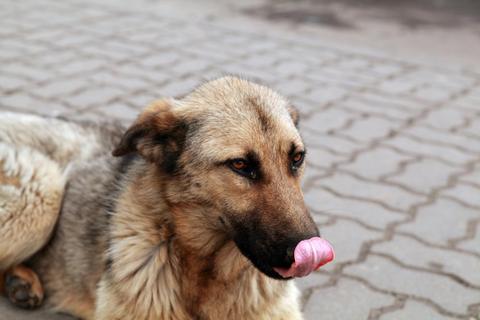
Dogs are creatures of habit, and their daily routines are often tightly tied to the natural rhythms of light and dark. So when the clocks change for Daylight Saving Time, it can throw off their schedules, leading to confusion, disorientation, and even health problems.
What is Daylight Saving Time?
Daylight Saving Time (DST) is a system used by many countries to extend the amount of daylight in the evening by moving the clocks forward by one hour in the spring and back by one hour in the fall. The practice was first introduced in the United States in 1918 during World War I as a way to conserve energy, and it has been controversial ever since.
How Does Daylight Saving Affect Dogs?
For dogs, the change that comes twice a year when we turn back or forward our clocks can be particularly challenging. Dogs have an internal biological clock that governs their sleep-wake cycle, appetite, and other physiological functions. This clock is influenced by external cues such as light and darkness, so when the clocks change, it can throw off their internal rhythms.
One of the most immediate effects of DST on dogs is that it can disrupt their sleep patterns. Dogs who are used to waking up at a certain time may find themselves waking up an hour earlier or later than usual, which can lead to grogginess, confusion, and even anxiety. Dogs who are already prone to stress or separation stress may be especially affected by the change, as it can exacerbate their existing symptoms. To address this added stress, you may consider adding CBD aimed at targeting stress to their routine.





